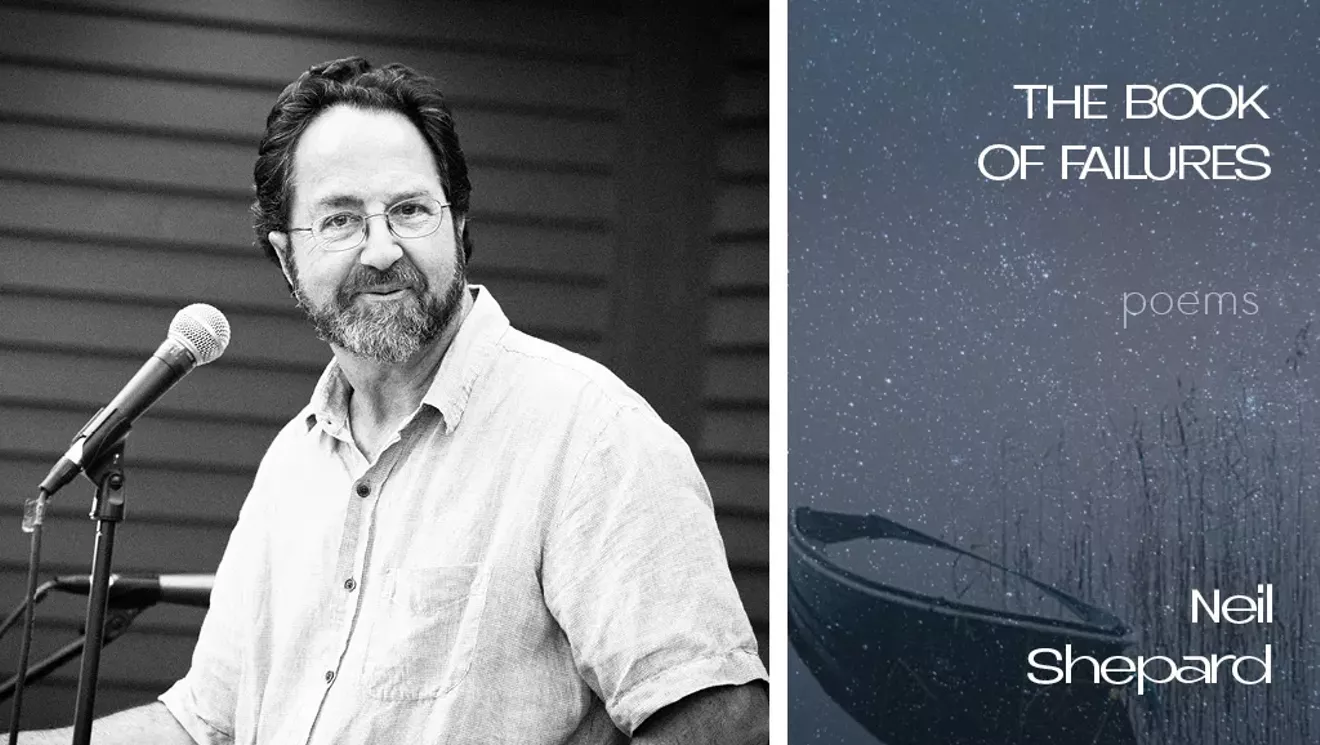In “The Book of Failures,” Neil Shepard challenges the stigma surrounding failure through a dynamic exploration of personal and familial themes. This ninth poetry collection navigates a range of emotions, from pastoral bliss to deep-seated tensions with his father, employing rhetorical questions to bridge their emotional distance. The collection opens with moments of tranquility, but the tone shifts as Shepard delves into the complexities of their relationship, particularly in the nine-page elegy, “The Wasting.” Here, he examines repression, generational divides, and the weight of patriarchal expectations, ultimately moving toward a place of intimacy and empathy as his father’s senility progresses.
Shepard intersperses reflections on nature and artistry throughout the collection. He encourages readers to engage with the world beyond themselves, invoking connections to art, God, and the beauty of the natural realm. Toward the end, the narrative transforms into a Künstlerroman, echoing the musings of an artist grappling with identity amidst global chaos during the pandemic.
The collection comprises 37 diverse poems, showcasing a blend of complaint, celebration, and reverie. Shepard’s work gracefully balances the tension between mortality and the joy of existence, highlighting figures from his life and imagination—from Amy Winehouse to Dorianne Laux. In the culmination of his reflections, Shepard presents a poignant meditation on life, artistry, and the steadfastness of human connection, melding elegy with vitality. “The Book of Failures” is a reflective journey that encourages acknowledgment of our flaws and the beauty that intertwines with them.
